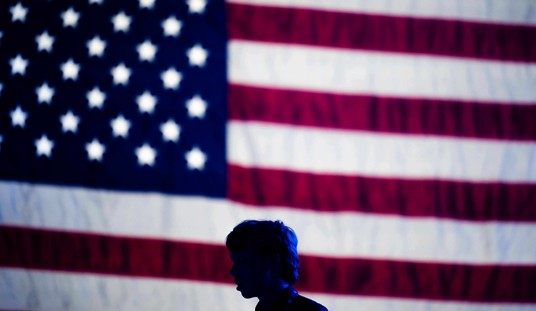When’s the last time we actually had any good news to report on one of America’s college campuses? Don’t think about that one for too long or blood will probably start shooting out of your nose. But today is the exception to the rule, as word reaches us that the University of Wisconsin is taking steps to crack down on protesters who push their right to free speech and protest to the point where they shout down or entirely shut out speakers with whom they disagree.
We’re not talking about anything as draconian as jail time or bamboo shoots under the fingernails here, but it’s still serious. A couple of such incidents on a student’s record will soon see them off the campus.(Associated Press)
University of Wisconsin System leaders approved a policy Friday that calls for suspending and expelling students who disrupt campus speeches and presentations, saying students need to listen to all sides of issues and arguments.
The Board of Regents adopted the language on a voice vote during a meeting at the University of Wisconsin-Stout in Menomonie. The policy states that students found to have twice engaged in violence or other disorderly conduct that disrupts others’ free speech would be suspended. Students found to have disrupted others’ free expression three times would be expelled.
“Perhaps the most important thing we can do as a university is to teach students how to engage and listen to those with whom they differ,” system President Ray Cross told the regents. “If we don’t show students how to do this, who will? Without civil discourse and a willingness to listen and engage with different voices, all we are doing is reinforcing our existing values.”
This will likely be seen as a welcome change by conservatives who still remember Ben Shapiro being shouted down at the University of Wisconsin-Madison last year to the point where he could barely finish his remarks. And he wasn’t the only one. But that doesn’t mean that these new policies will be either effective or lacking in controversy.
One of the first questions to come to mind is, who determines what differentiates disruption from legitimate protest? They mention violence and that should be a no braner, but some students may be marching, carrying signs and chanting outside the venue where the speaker is scheduled to appear. Is that a disruption or just protesting and expressing an opposing opinion? If they make their way into the venue and begin shouting so loudly that the speaker can’t continue or swarming the stage to take the mic, one might imagine that being absolutely a disruption. And yet somehow I doubt the ACLU will see it that way.
In terms of being potentially less than effective, what about protesters who are not students? These events have been attracting crowds of people from across the country in some cases, to say nothing of the host city. The school can’t suspend or expel them. What will they do? I suppose they could attempt to shut down access to the campus for the day of the event, allowing only legitimate students and faculty with proper ID onto the grounds. But how secure are most campuses? We’re not talking about breaking into Fort Knox in most cases. Not to mention the media field day when CNN announces that the university is “locking out opposing voices.”
This is an admirable move by the U of W, and I applaud them for the effort. But I think we’ll need to see a couple of “controversial” speakers making the rounds before we can begin assigning a grade as to how effective they’ve been.








Join the conversation as a VIP Member